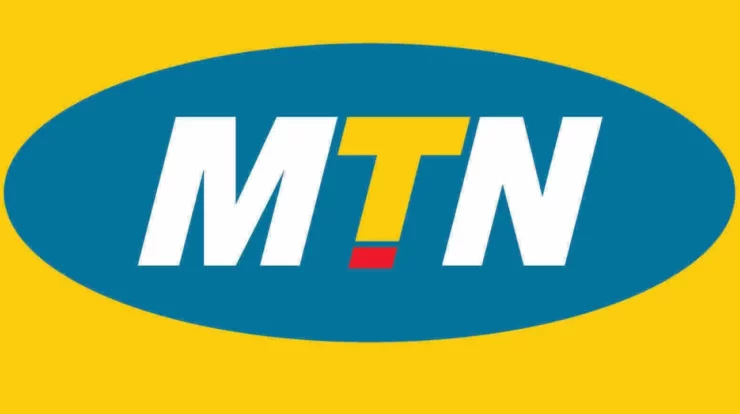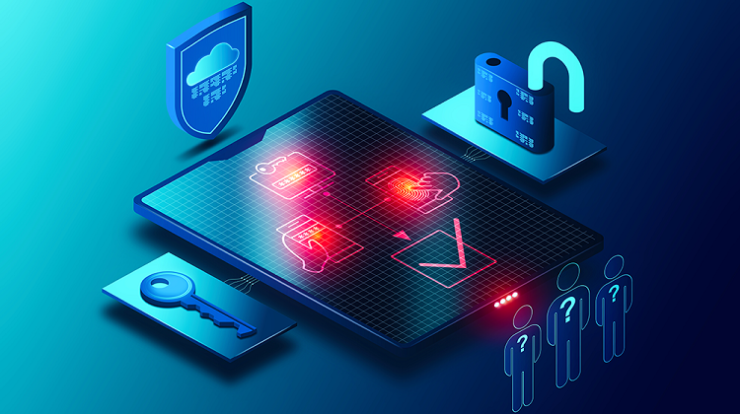
When voice-over Internet protocol (VoIP) was first introduced, many people has concerns about how secure it was. However, the security of VoIP communications has come a long way in recent years. However, some people are not aware of the security technology that major VoIP services now use. These technologies include end-to-end encryption and secure real-time transfer protocol (SRTP). Many experts now believe that VoIP communications are now more secure than traditional phone communications.
Read on to learn more about how VoIP security compares to the security of traditional phone services.
Traditional Phone Service Security Challenges
There are quite a few security problems with traditional phone services. For example, wiretapping is fairly easy for someone who has the right technology. Also, many governments these days can easily monitor the phone calls and texts that anyone in their jurisdiction sends using a traditional phone service.
Many people who still have landlines in their homes use analog cordless phones. However, these phones pose a serious security risk. That’s because the calls can be easily intercepted. The only piece of equipment that someone needs to intercept a call from an analog cordless phone is a radio scanner, which can be purchased for less than $100.
Legitimate VoIP Security Challenges
While VoIP may be more secure than traditional phone service, it does have security challenges that VoIP service providers must overcome. As with any service that uses the Internet, it is possible for a skilled and well-equipped hacker to hack into a VoIP network. However, all reputable VoIP service providers now use encrypted VoIP technology to prevent this from happening. Also, it is still possible for governments to eavesdrop on VoIP calls. This is a risk with any form of communication.
VoIP Security Technology
Nearly all VoIP service providers utilize a variety of tech to keep communications on their network as secure as possible. Two of the most commonly implemented security measures are end-to-end encryption and SRTP.
End-to-end encryption sends encrypted data that is only decoded by the recipient. When the data is in transit (when hackers are most likely to intercept it), it is completely encrypted. VoIP service providers may supplement end-to-end encryption with integrated SRTP technology. As important as security is, such measures can interfere with audio quality. However, the latest VoIP security technology preserves call quality, even when encrypted calls are being transmitted.






